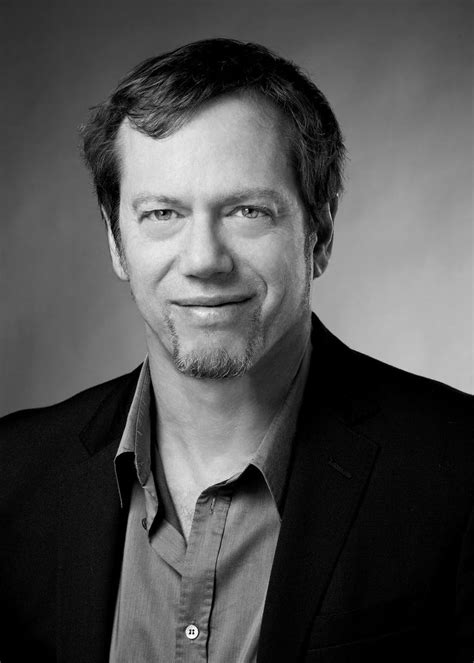A Quote by Alice Dreger
We say, 'You may drink at the age of 21 but not at the age of 20.' Why? Because humans like to create terribly neat categories out of nature because it allows us a nice, tight social organization. The truth is, nature doesn't care that we like nice, neat social organizations. Nature likes variety.
Related Quotes
You can tell the truth, but sometimes you can't always be in your face with it. I found a way to tell the truth and put it in a nice, neat package for people to receive it. A lot of times, you have to put it in a nice, neat box with a bow tie, and when they open it, it's the truth. I think people respect that.
For most of human history, we could only watch, like bystanders, the beautiful dance of Nature. But today, we are on the cusp of an epoch-making transition, from being passive observers of Nature to being active choreographers of Nature. The Age of Discovery in science is coming to a close, opening up an Age of Mastery.
The New Age movement, for all the validity of its protest and the value of some of its recommendations, is in truth a very old blind alley. There is a very long history to remind us of what happens when nature is our ultimate point of reference . . . . Nature knows no ethics. There is no right and wrong in nature; the controlling realities are power and fertility.
Nature is purposeless. Nature simply is. We may find nature beautiful or terrible, but those feelings are human constructions. Such utter and complete mindlessness is hard for us to accept. We feel such a strong connection to nature. But the relationship between nature and us is one-sided. There is no reciprocity. There is no mind on the other side of the wall.
Nature is flexible and resilient. Nature likes redundancy and dispersion. It is approximate and deals in gradients. All boundaries are permeable. Nature nests small systems like molecules within larger systems like cells, which in turn are nested in systems called organs, organisms, ecosystems. We grew from ancient one-celled ancestors. Nature likes mergers: we contain multitudes of other life forms within us. We stand at the crest of four billion years, bacteria molded into wondrous form, burning with a slow fire and about to take the next step.
In contrast to our own social environment which brings out different aspects of human nature and often demonstrated that behavior which occurs almost invariably in individuals within our society is nevertheless due not to original nature but to social environment; and a homogeneous and simple development of the individual may be studied.
Gradually, ... the aspect of science as knowledge is being thrust into the background by the aspect of science as the power of manipulating nature. It is because science gives us the power of manipulating nature that it has more social importance than art. Science as the pursuit of truth is the equal, but not the superior, of art. Science as a technique, though it may have little intrinsic value, has a practical importance to which art cannot aspire.
Taking care of our planet is like taking care of our houses. Since we human beings come from Nature, there is no point in our going against nature, which is why I say the environment is not a matter of religion or ethics or morality. These are luxuries, since we can survive without them. But we will not survive if we continue to go against nature.




































